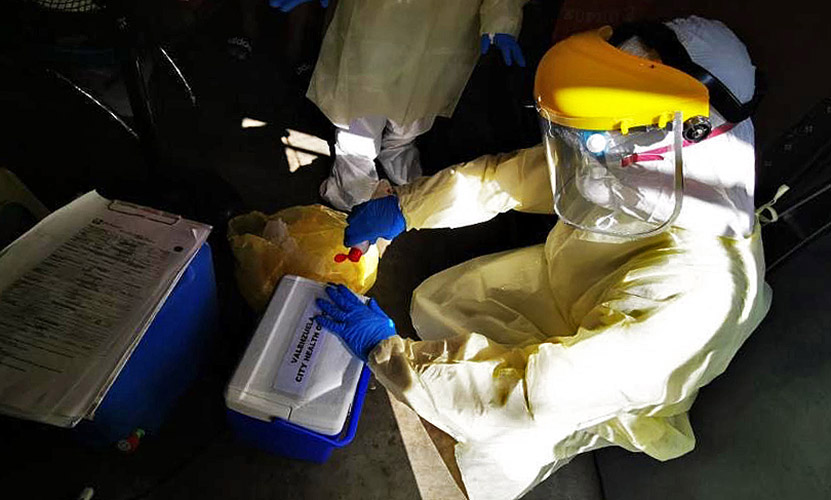With the national government set to replicate Valenzuela City’s inclusion of Persons Under Monitoring (PUMs) in mass testing activities, Senator Win Gatchalian said Local Government Units (LGUs) will be better equipped in tracking down asymptomatic carriers of COVID-19 as this is crucial in containing the virus.

Asymptomatic carriers are those categorized as Persons Under Monitoring (PUMs) in the old classification of COVID-19 cases. They do not exhibit symptoms but have travel history to areas with issued travel restrictions and are exposed to COVID-19 patients.
PUMs are no longer included in the new classification of COVID-19 cases. Gatchalian, however, cited their mass testing experience in Valenzuela City revealed that at least seven PUMs have turned out positive for the virus.
The lawmaker added that since the Department of Interior and Local Government (DILG) and LGUs are already in charge of contact tracing, the testing of PUMs will determine their next steps, especially in isolating and treating patients. Contact tracing was previously assigned to the Office of Civil Defense (OCD).
“Importanteng mahanap natin itong mga pasyenteng walang pinapakitang sintomas dahil sanhi sila ng patuloy na pagkalat ng virus. Magagawa natin ito kung bahagi ang mga PUMs sa mass testing. Sa mga susunod na araw, kailangang makita natin ang buong larawan sa bansa upang malaman natin ang mga susunod na hakbang sa pagsugpo ng COVID-19,” said Gatchalian.
In its latest testing guidelines, the DOH gives priorities to patients and healthcare workers with mild or severe symptoms, have relevant history of travel and contact, and are considered vulnerable—60 years or older, immunocompromised, and those with illnesses such as hypertension and diabetes. Expanded testing capacities, however, prioritize patients and healthcare workers with mild symptoms and relevant history of travel and contact.
In a virtual presser held on April 18, Cabinet Secretary Karlo Nograles announced the issuance of Inter-Agency Task Force (IATF) Resolution No. 25, which “adopts a national government enabled, local government unit-led, and people-centered response to the COVID-19 health event.” In the same presser, the Cabinet Secretary said that Valenzuela did the right thing in testing PUMs and the national government will do the same thing.
The resolution also mentions the approval of DOH guidelines on the use of rapid antibody test kits. Rapid testing reveals the presence of antibodies after a patient displays symptoms. These guidelines will be introduced on Monday, April 20.


